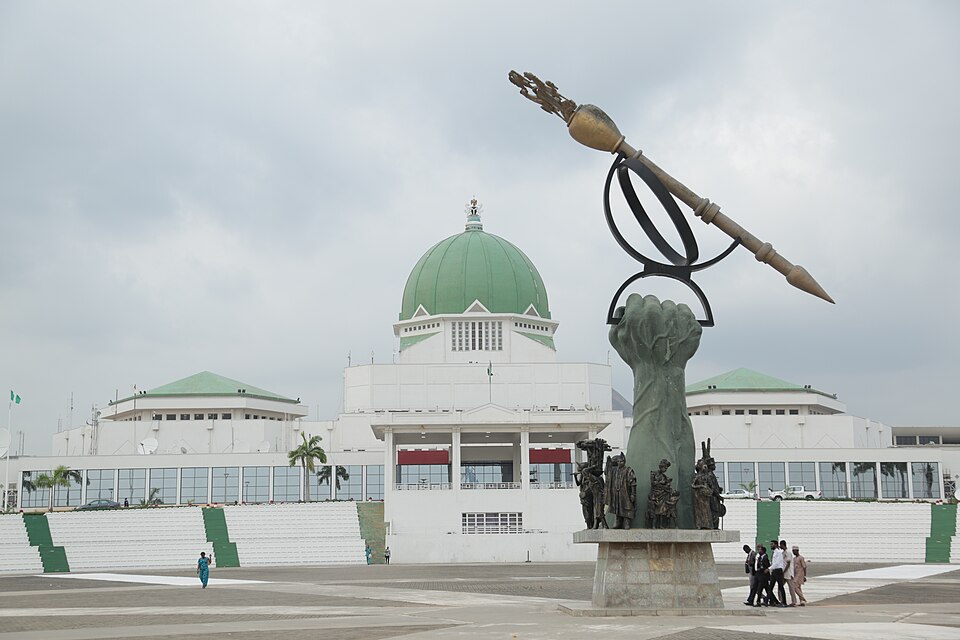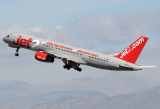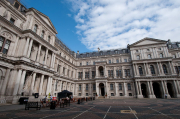
Nigeria has pushed back firmly—but cautiously—after U.S. President Donald Trump warned he was prepared to take “fast” military action if the country fails to stop what he called the
“mass slaughter” of Christians.
The warning, posted on Trump’s Truth Social account, accused “radical Islamists” in Nigeria of carrying out widespread killings and claimed Christianity faced an “existential threat” in Africa’s most populous nation. Nigeria is now listed by Washington as a country “of particular concern” for violations of religious freedom, alongside states such as North Korea, Saudi Arabia, Iran, Pakistan, Russia and China.
On Sunday, Nigeria responded with a mix of defiance and diplomacy.
“We welcome U.S. assistance as long as it recognises our territorial integrity,” Daniel Bwala, an adviser to President Bola Tinubu, told Reuters. At the same time, he downplayed talk of a rift between Abuja and Washington—even as Trump labelled Nigeria a “disgraced country.”
President Tinubu, in a separate statement, rejected claims that his government allows religious persecution.
“The characterisation of Nigeria as religiously intolerant does not reflect our national reality,” he said, insisting that the government “consistently and sincerely” works to protect freedom of belief for all citizens.
Trump, who did not cite the source of his figures, claimed 3,100 Christians had been killed in Nigeria, adding: “We stand ready, willing, and able to save our Great Christian population around the World!”
Yet analysts and conflict monitors say the picture is far more complex. While Christian communities have undoubtedly been attacked, they note that most victims of extremist violence in northern Nigeria are Muslims, targeted by insurgent groups such as Boko Haram and the Islamic State – West Africa Province (ISWAP). Both groups routinely strike military posts, police formations, government facilities, markets and villages—regardless of religious affiliation.
Boko Haram, infamous for the 2014 kidnapping of more than 270 schoolgirls in Chibok, has been responsible for “egregious violations of religious freedom,” according to a 2021 U.S. Commission on International Religious Freedom report. Since 2011, more than 37,000 people have been killed by Islamist groups in Nigeria.
Trump’s remarks come on the heels of a campaign by Republican Senator Ted Cruz, who has urged evangelical groups in the U.S. to pressure Congress over what he calls “Christian mass murder” in Nigeria.
Nigeria—roughly half Christian and half Muslim—continues to battle multiple armed groups operating largely in the country’s northern and northeastern regions.
The U.S. State Department currently advises Americans to reconsider travel to Nigeria due to threats including terrorism, kidnapping, crime and armed gangs. The U.K. has issued similar guidance. Photo by Kabusa16, Wikimedia commons.







































